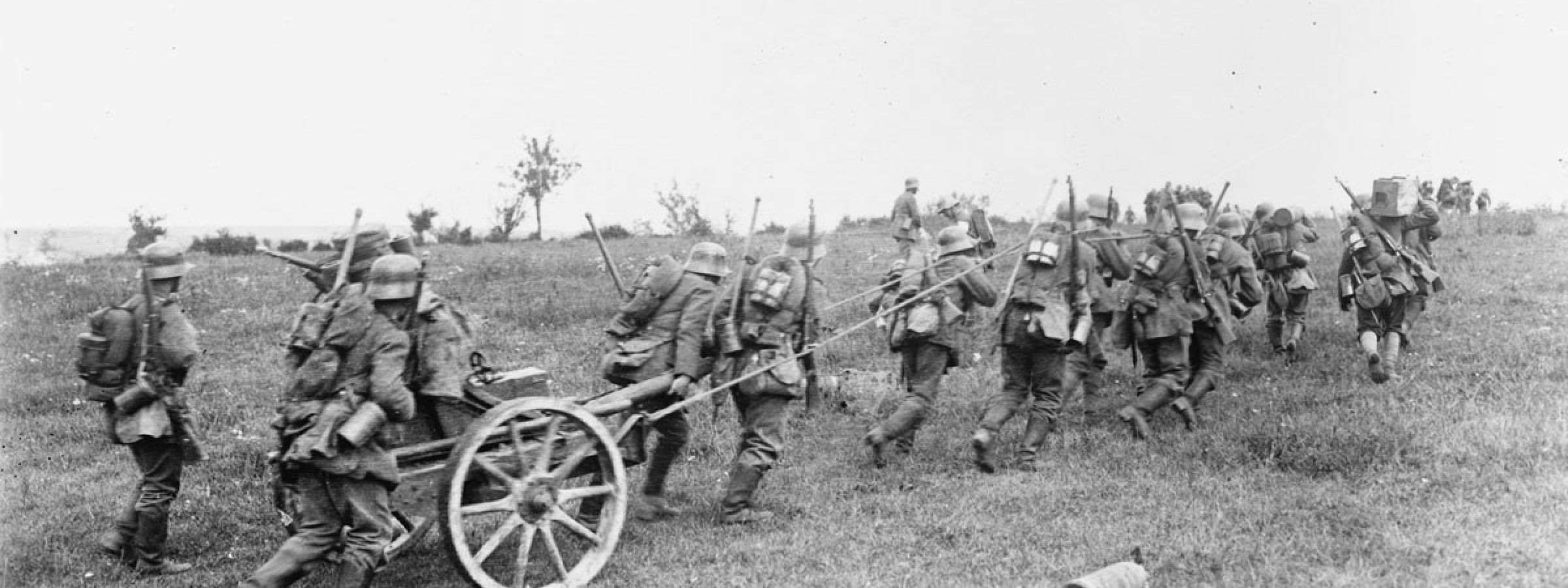Organizational learning is an important component of military success. The German military adapted its small unit tactics to trench warfare, but its failure to thoroughly ask if attacking was the best way to destroy the Entente’s armies or if that should be their goal at all combined with other factors to lead them to failure. Militaries that follow the German example and focus on method optimization while neglecting method selection and goal selection will be able to adapt and succeed at the tactical level, but will often be unable to translate that into broader successes.
#Reviewing The Fighters
This book reveals very little about national strategy or defense policy, or even about the effectiveness of the wars in Afghanistan and Iraq, but it is a worthwhile read for those interested in the ground-level experience of war and Americans who want to know more about the actions committed overseas in their name.
The Iliad and the Islamic State
The lives and culture of some of Western literature’s most famous warriors looks just as much like that of today’s violent extremists as it does like today’s professional soldiers. The Iliad’s ability to make a raiding, tribal group whose society differs so greatly from Western values today the protagonists opens the door to improving American understanding of the Islamic State’s fighters. As long as this continues, The Iliad will have a valuable place.
National Security, Pragmatism, and Human Rights
A variety of media sources have reported a practice in Afghanistan called bacha bazi. Bacha bazi consists of taking young boys from their families and forcing them to entertain men, a process that often includes their molestation. Some...claim that the kidnapping and rape of Afghan boys by the United States’ Afghan allies is insignificant compared to the accomplishment of national security goals, implying that stopping bacha bazi will interfere with the accomplishment of our mission. But failing to prevent our allies from recreationally kidnapping and raping Afghan boys will hinder the United States’ efforts in Afghanistan.
A Fragile Peace
This weekend will mark the celebration of Memorial Day in the United States. It’s a time to remember veterans who died for their country, but it should also be a time to ask what their service accomplished. War, with all of its horror, must have a compelling purpose, and the only worthwhile intent is to create a better peace. Unfortunately, the peace generations of veterans fought for is fragile, and must be carefully preserved.
Scarcity as a Source of Violent Conflict
Scarcity should both interest and scare strategists and policy makers. It refers to a mismatch between the demand for and availability of a commodity. It helps drive free markets, and informs value. But strategists and policy makers should contemplate it because scarcity, both real and perceived, drives much of human conflict, and it has reared its head again, this time in Yemen.
Achilles and Odysseus in Modern Warfare
Broadly speaking, there are two approaches to warfare. One is to be strong and powerful. The other is to be smart and cunning. The Greek terms for these concepts are biē and mētis respectively. In The Iliad and The Odyssey, Achilles personifies biē, and Odysseus embodies mētis. The United States military can and should learn a lesson about its operational art from the lives of the two mythological warriors.








